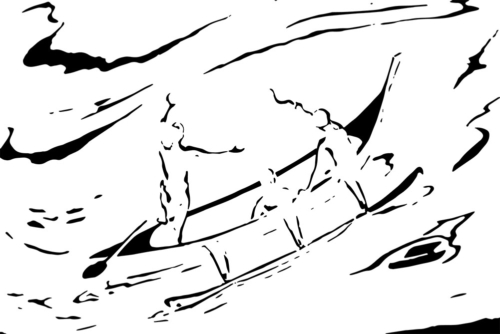
Poetic Craft and White-Settler Colonialism
This workshop brought together eminent Australian and South African poets and critics to consider how poets in societies with a white settler history think about their world through their poetry making.

This workshop brought together eminent Australian and South African poets and critics to consider how poets in societies with a white settler history think about their world through their poetry making.
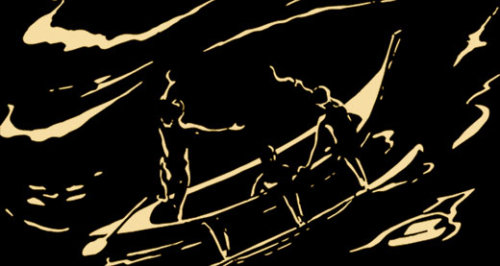
Moving laterally from Vickery’s initial gambit, I will look to explore the conditions from which ‘colony collapse’ might be understood as Clemen’s “being caught dead”.
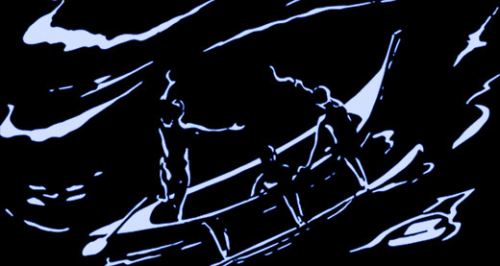
Following on associatively from Vickery’s provocations, I will be looking at models for alternative kinships and affinities…
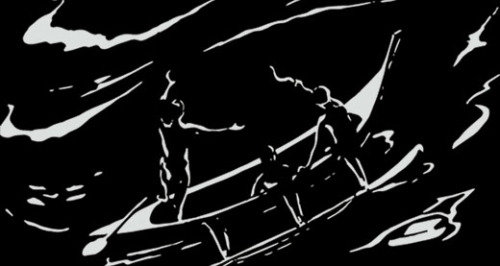
Colony collapse disorder describes a phenomenon whereby worker bees have suddenly and inexplicably disappeared from a hive. It has also been mobilised as a syndrome following the rapid vanishing of Western honeybee colonies across North America and Europe. Justin Clemens has also used the term to describe aesthetic collapse, whereby poets can only demonstrate their existence as “being caught dead” given the fragile conditions of poetry and the inevitable, deadly effects of the past.

I wish to address the language of settlement as influenced by the narratives of the European “discoverers” and explorers. In doing so, I will look specifically at the selectivity of language,
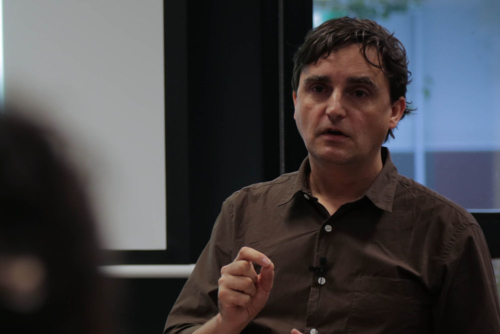
As someone for whom the Truth and Reconciliation Commission was a deep insight into the past I share with other South Africans, among them “ex – whites”, it was a linguistic operation, too, a recovery.

This presentation will engage with a range of compositional and ethical issues which confronted me as a poet – consciously and unconsciously – in a sequence of poems dealing with South Africa’s Truth and Reconciliation Commission.

I will raise some thoughts on mobile craft, suggesting transcultural alignments between Charles Olson’s projectivism and 1970s Papunya desert art, and brooding on ecopoetic form.
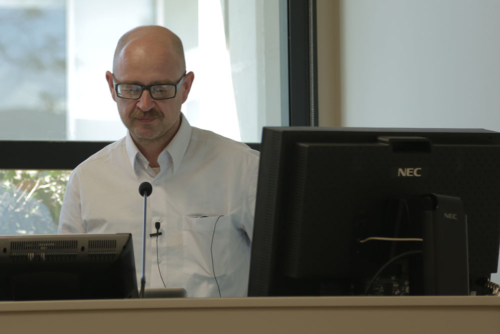
My paper looks at four different kinds of ‘craft’, in the context of white settlement and Australian poetry, with examples of issues and poems for each. The writing issues I attend to are: noun use and abuse; narration; the end of a poem; positive and negative space.
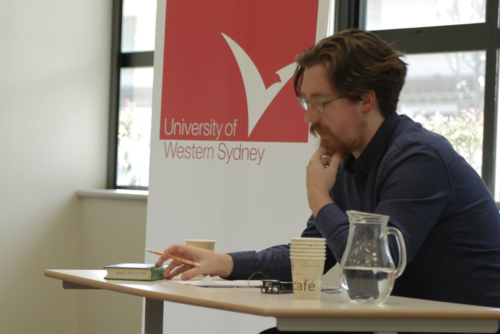
This response wagers that Butler’s poetics might be read productively in the light of two interventions in Australian poetics: Rex Ingamels’s ‘Conditional Culture’ (1938) and A.D. Hope’s ‘The Discursive Mode’ (1956/7).